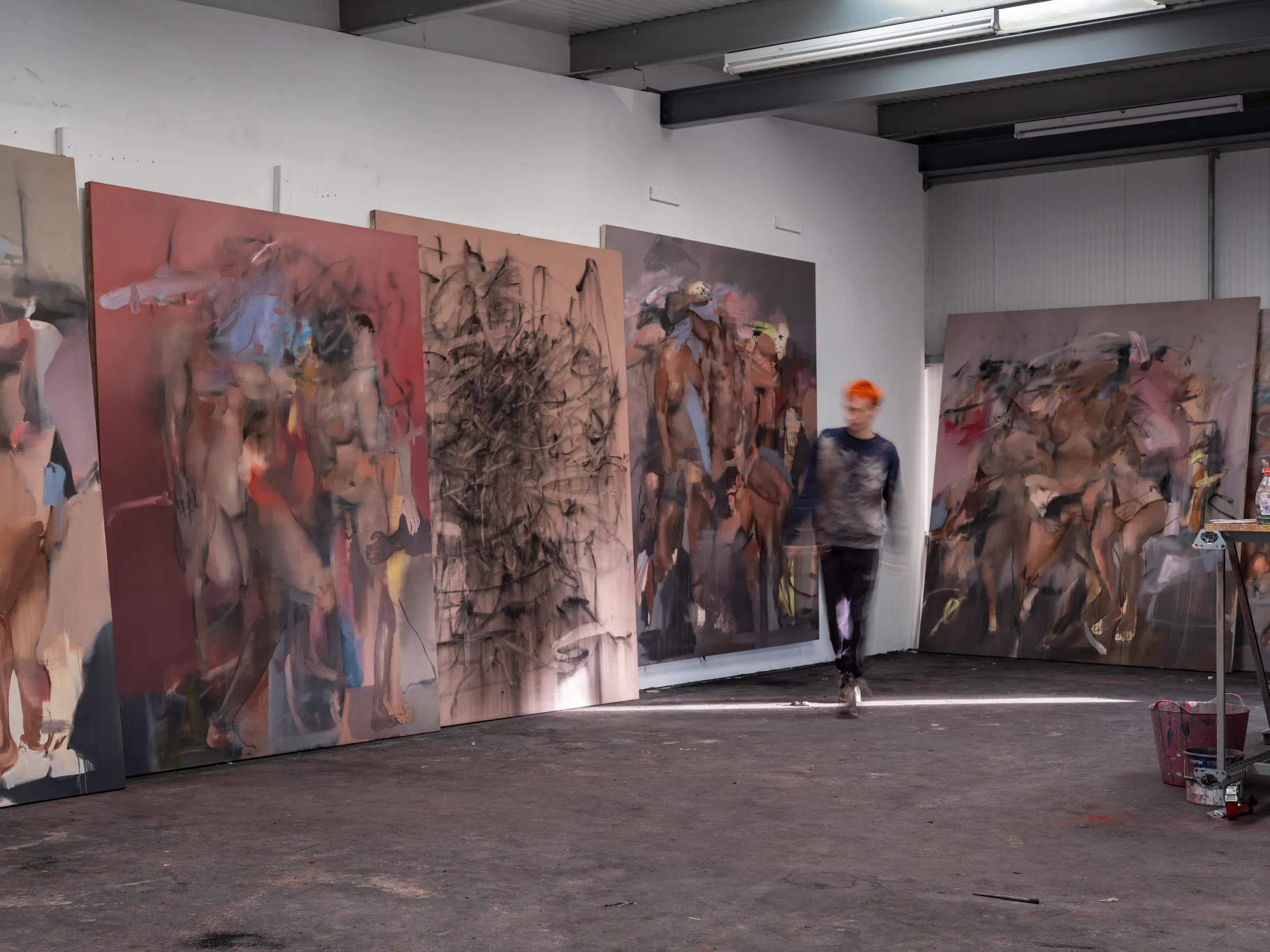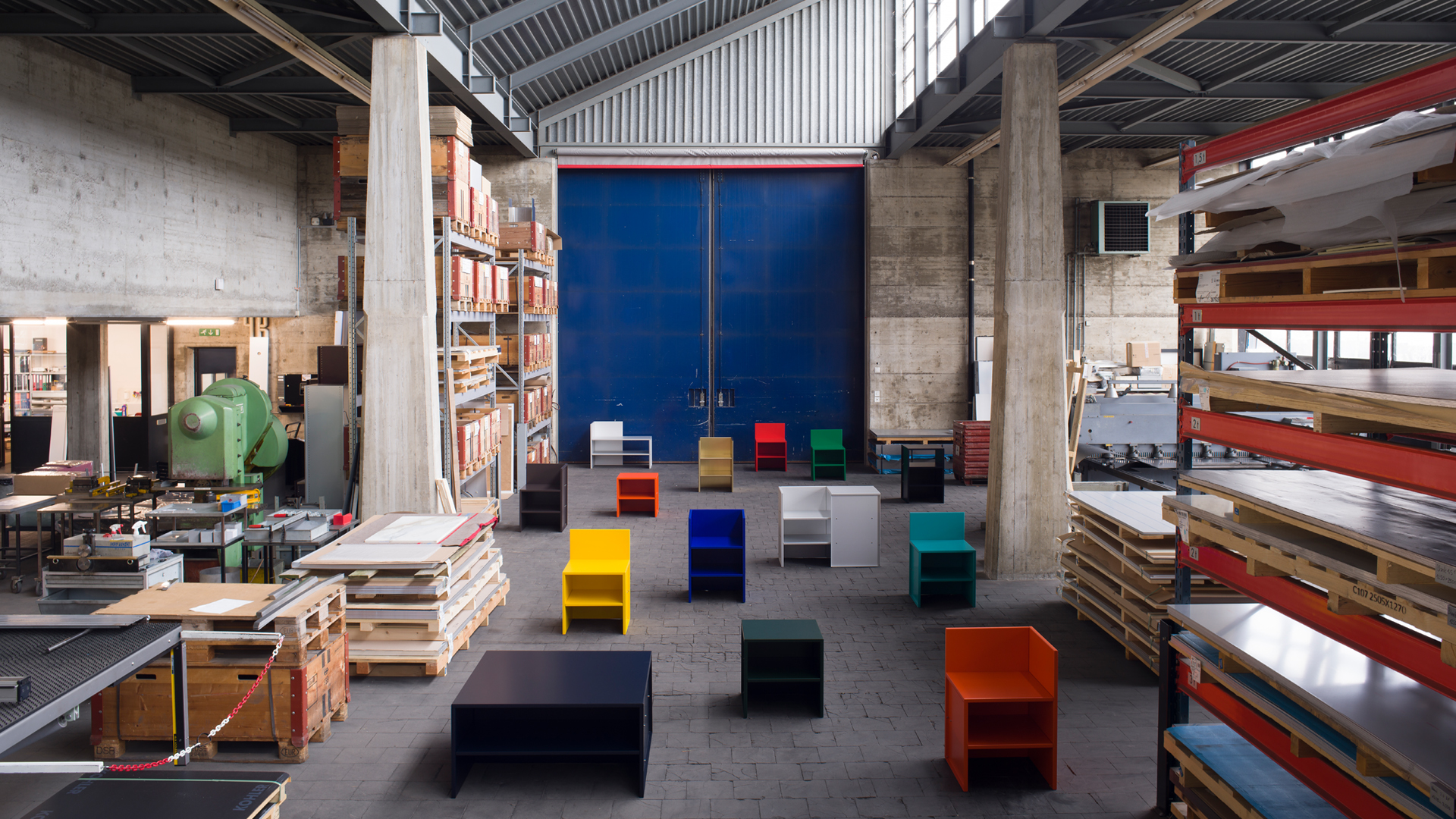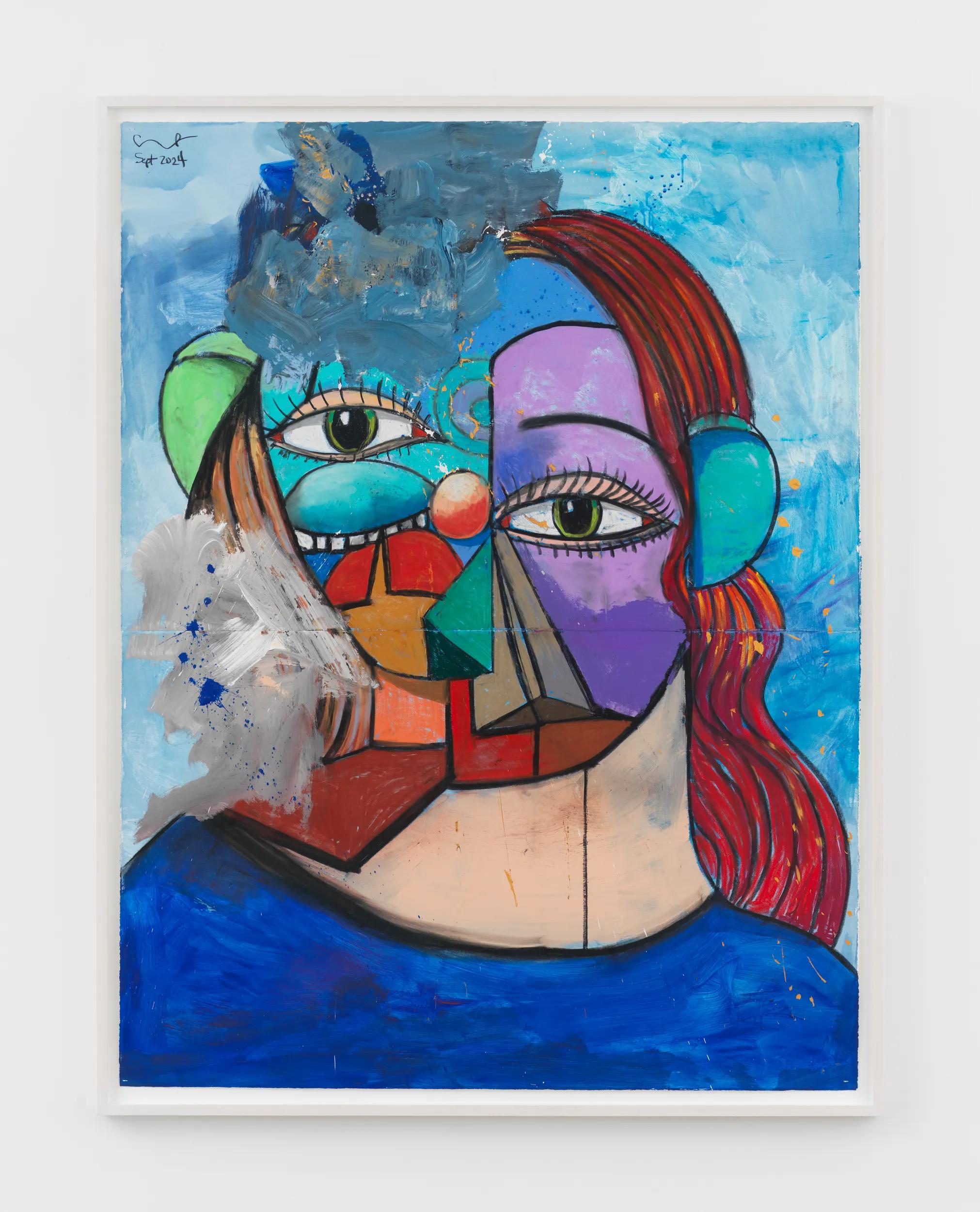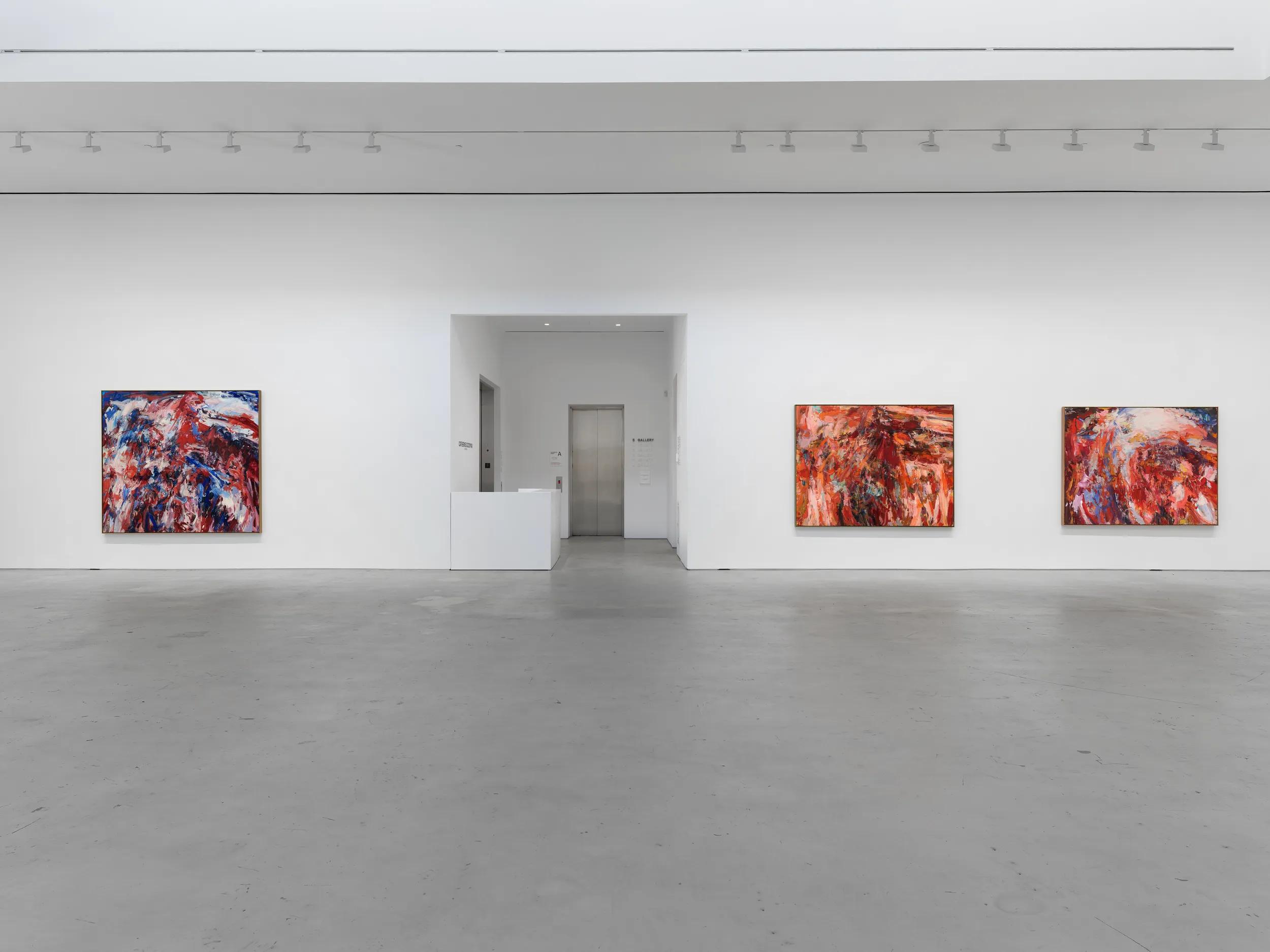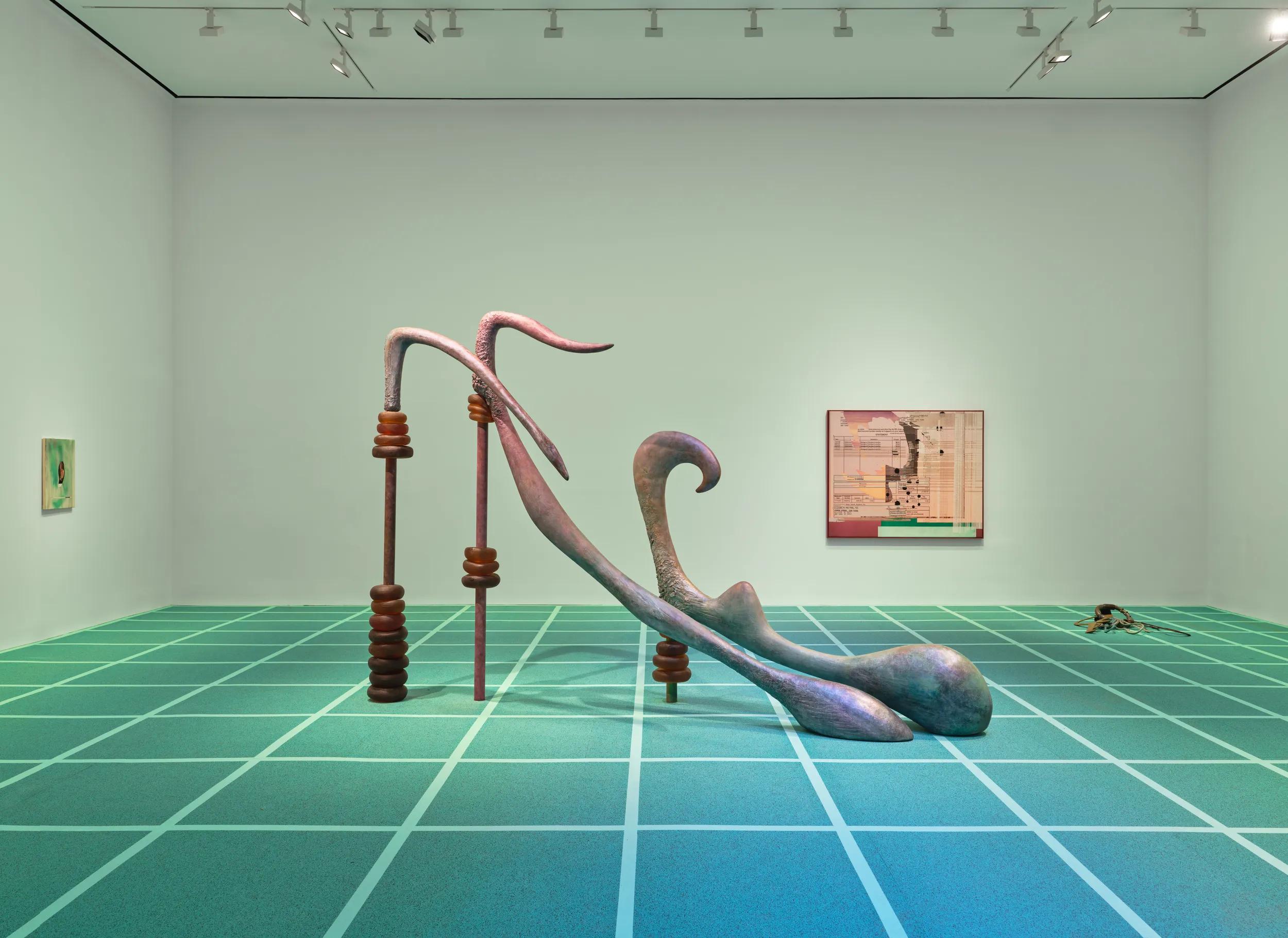
Dieter Roth and Björn Roth Book Lab
18 Feb - 21 May 2017
Past
Los Angeles
About
Seydisfjördur Slides – Every View of a Town, 1988 – 1995
The Hauser & Wirth Book & Printed Matter Lab is a project devoted to exploring the important place that books and prints occupy in the practice of artists. Building upon Hauser & Wirth’s curatorial and publishing activities, the Lab presents thematic installations, displays, and programming that invite reflection, creative thinking, and further conversation about the world of printed matter and its connection to artists’ ideas and objectives.
This special edition of the Book & Printed Matter Lab is dedicated to Dieter Roth and Björn Roth. The Lab brings together the slide projections, the original artist book, and the re-published booklet ‘Dieter Roth. Reykjavík Slides (31,035) Every View of a City’ to present the artists’ deep exploration of Icelandic architecture in the town of Seydisfjördur.
Featuring hundreds of slides shown simultaneously on multiple projectors, ‘Seydisfjördur Slides’ was inspired by the distinctive character of Icelandic architecture and documents the small Icelandic town of Seydisfjördur. The project goes back to an idea Dieter Roth had in the 1950ies when he first moved to Iceland: ‘At the time began my infatuation with this kind of housebuilding. (…) I imagined myself as a collector of photographs, showing to other architecture-fans this wonder of housemaking.’
'Seydisfjördur Slides’ was produced with the assistance of his son Björn Roth and Eggart Einarsson in 1988. Over 800 slides immortalize every single house and building in the town of Seydisfjördur, in the Eastern region of Iceland. Two slide collections show the town in winter and summer complementing each other.
The work draws one's attention to the subject matter of the project, rather than the role of the artist. Roth uses a didactic approach to create an homage to Iceland and an act of dedication to the singularity of Seydisfjördur. In seeing the mundane views of this small town as worthy of admiration, Roth allowed life itself to communicate as art.
Installation views


About the Artist
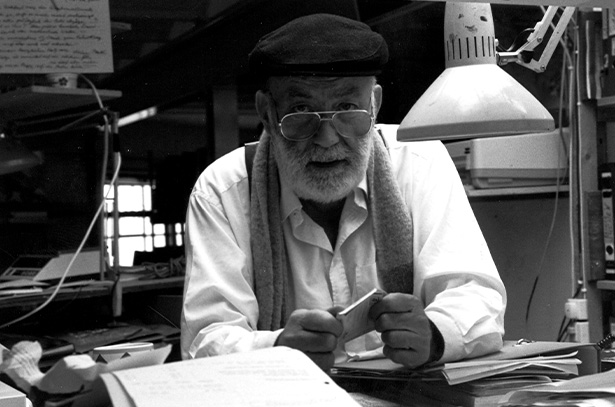
One of the most influential artists of the post-World War II period, Dieter Roth was born in Hanover, Germany, in 1930, to a German mother and a Swiss father, and died in Basel, Switzerland in 1998. Dieter Roth was an artist of an immense diversity and breadth, producing books, graphics, drawings, paintings, sculptures, assemblages, installations, audio and media works involving slides, sound recordings, film and video. He also worked as a composer, poet, writer and musician. He often collaborated with other artists, subverting the principle of authorship. Those partners included such significant figures as Richard Hamilton, Emmett Williams, Arnulf Rainer, and Hermann Nitsch. But it was Roth's long and symbiotic collaboration with his son, artist Björn Roth, that stands as testament to the enormous and enduring potency of his restless, relentless process.
Through much of his life, Roth was restlessly peripatetic, moving between studios in many cities. His two primary bases of activity—Iceland and Basel—were decidedly outside the mainstream. Throughout his career, the artist continually circled back to earlier ideas and processes, reinterpreting and transforming works so that linearity and closure are consistently defied. Transience and order, destruction and creativity, playful humor and critical inquiry, the abject and the beautiful, all maintain a consistent balance throughout his work.
Roth represented Switzerland at the 1982 Venice Biennale, and received a number of awards and prizes, including the 1991 Genevan Prix Caran d'Ache Beaux Arts, a prestigious Swiss prize. In 2004, The Museum of Modern Art and P.S.1 Contemporary Art Center in New York City jointly presented the major historical exhibition ‘Roth Time: A Dieter Roth Retrospective,’ a project co-organized with Schaulager Basel, Switzerland, and the Museum Ludwig of Cologne, Germany.
Current Exhibitions
1 / 12
